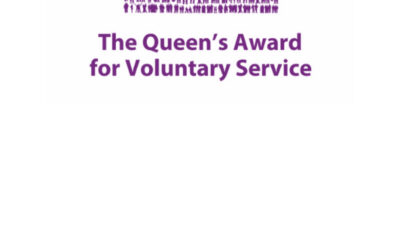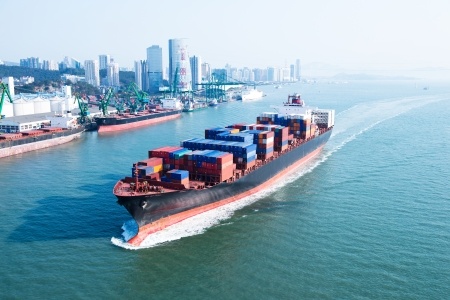Pivot or Perish: 6 Ways to Navigate China’s EHS Crackdown in 2024
In recent years, Chinese Environmental, Health, and Safety (EHS) audits have caused significant disruptions to global supply chains. Strict enforcement of environmental regulations has led to the closure of tens of thousands of companies, some permanently, as China tackles its long-standing pollution challenges. Even manufacturing—a sector that contributes around 40% to China’s GDP—has not been spared.
As we move into 2024, the impact of these audits continues to reshape supply chains, creating challenges but also opportunities for businesses sourcing from China. Here’s what you need to know:
1. Shrinking Supply Chain Layers
Many smaller manufacturers have been unable to shoulder the steep investment required to comply with new regulations, leaving them with no choice but to shut down or face fines of up to RMB 1.2 million. The closures have eliminated a key tier of suppliers, forcing production to consolidate among larger companies. This has led to:
- Higher production costs
- Extended lead times
The resulting price increases and bottlenecks highlight the importance of selecting reliable suppliers who are both compliant and financially stable.
2. Foundries on the Move
The foundry sector has faced particularly harsh scrutiny. To avoid disruptions, many foundries have relocated to government-approved industrial parks, where compliance is easier to manage. Some suppliers have opted to buy into existing industrial zones rather than register new facilities, minimising delays but at significant cost.
3. Subcontractor Challenges
Metal processing subcontractors, such as plating, painting, and electropolishing providers, have been hit hard. Few have successfully relocated or upgraded to meet EHS standards. While regions like Ningbo are establishing dedicated industrial zones for these industries, the associated costs are disrupting supply chains.
4. The Urban Exodus Continues
Manufacturers are increasingly leaving major cities like Shanghai, where industrial operations are no longer as welcome. While larger, premium manufacturers may have more security, the shift westward doesn’t necessarily offer relief. Compliance pressures and high costs remain prevalent, even in less urbanised areas.
5. Stricter Inspections, Steeper Penalties
Smaller and less developed provinces like Qinghai have also faced rigorous inspections. In 2017, for example, Qinghai conducted over 11,000 inspections, resulting in:
- 732 fines totalling RMB 53 million
- 39 companies forced to cease trading
- 27 legal cases and 25 arrests
This reflects the nationwide scale of enforcement, with even remote regions feeling the effects.
6. Voices from the Industry
A director of a pressure diecasting supplier shared his experience:
“We invested heavily in new equipment to stay where we were, but eventually had to relocate to an industrial zone for long-term viability. While our fixed costs have risen and finding new staff has been a challenge, the move has given us a cleaner, more sustainable setup. With smaller competitors closing, there are new opportunities, but many customers are unwilling to pay the price for a compliant, cleaner environment.”
Key Takeaways for UK Businesses in 2024
To navigate this evolving landscape, it’s crucial to:
- Choose Partners Wisely: Prioritise suppliers located in industrial zones who can demonstrate compliance and successful EHS audits.
- Audit the Supply Chain: Beyond your primary supplier, evaluate their subcontractors for compliance to avoid surprises.
- Plan for Disruption: Understand the potential impact of factory closures on your operations, especially if deposits or development costs are at stake.
- Adapt to the New Cost Realities: Cleaner, compliant production comes at a premium, but it safeguards your supply chain and brand reputation.
A Tough Year for Chinese Manufacturing
China’s manufacturing sector faces additional headwinds in 2024, with lingering impacts from the COVID-19 pandemic. In the first two months of 2024 alone, over 250,000 businesses, including 30,000 exporters, closed their doors. Unemployment figures vary widely, with official estimates at 30 million but some sources suggesting it could be as high as 80 million, including migrant workers.
With 9 million graduates entering the job market this year, many are turning away from manufacturing, further complicating the industry’s recovery.
We’re Here to Help
At OnePointTwo, we specialise in helping UK businesses navigate the complexities of manufacturing in China. From identifying compliant suppliers to managing supply chain risks, we ensure your business is prepared to thrive in this challenging environment.
📞 Call us on 01225 460 388
📧 Email us at mail@onepointtwo.com
Stay ahead of the curve with OnePointTwo—your trusted partner in global manufacturing.

